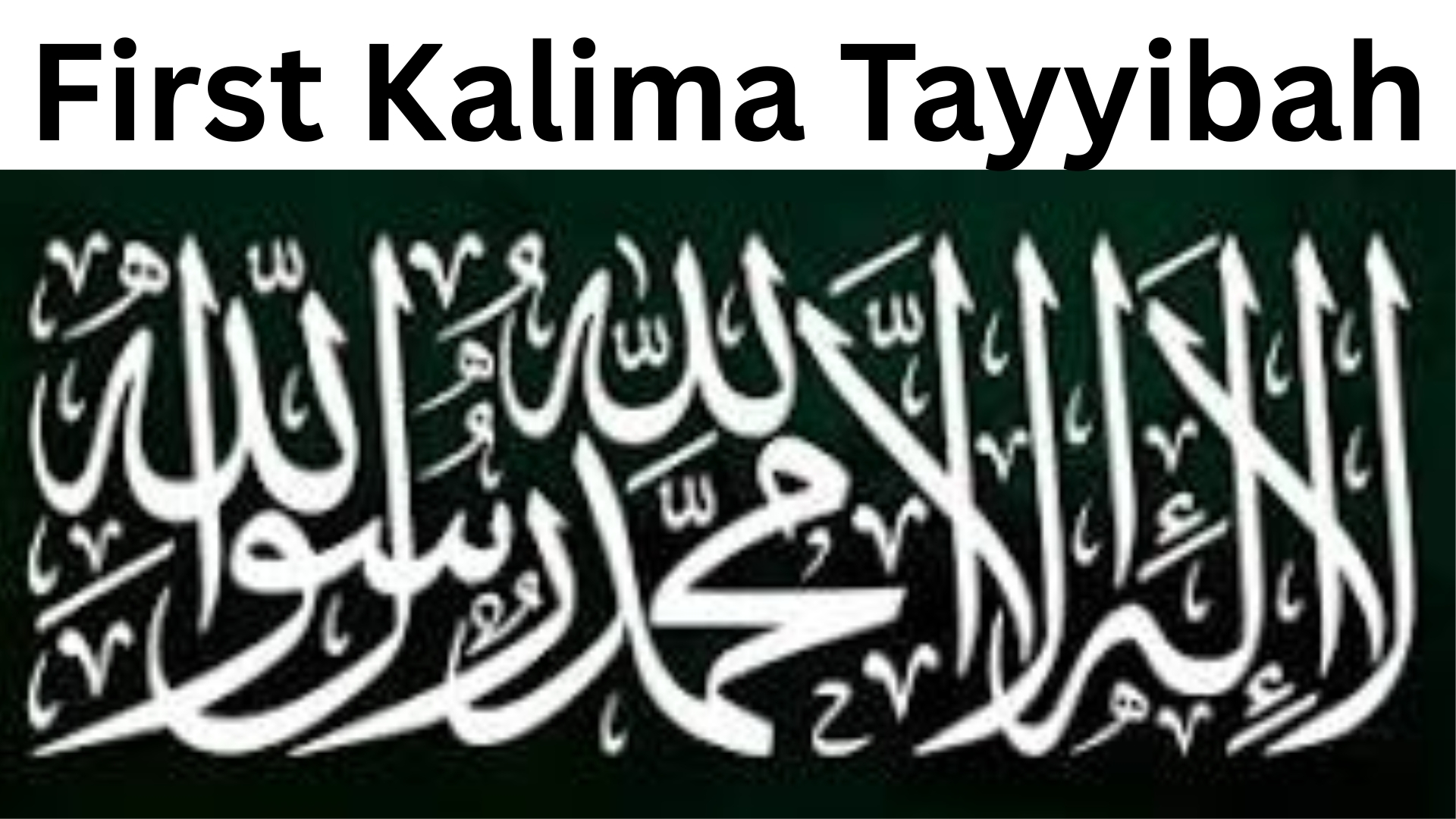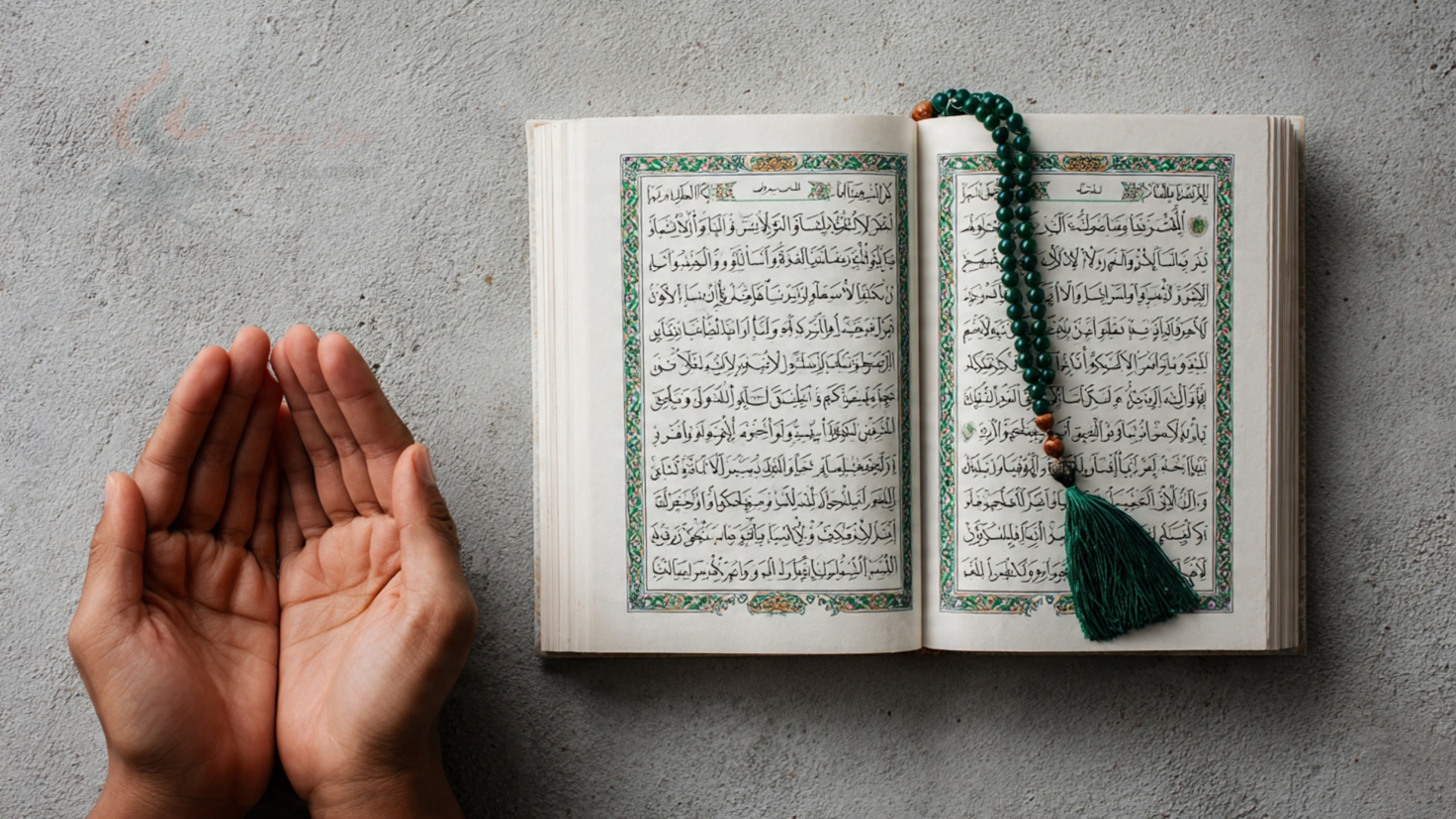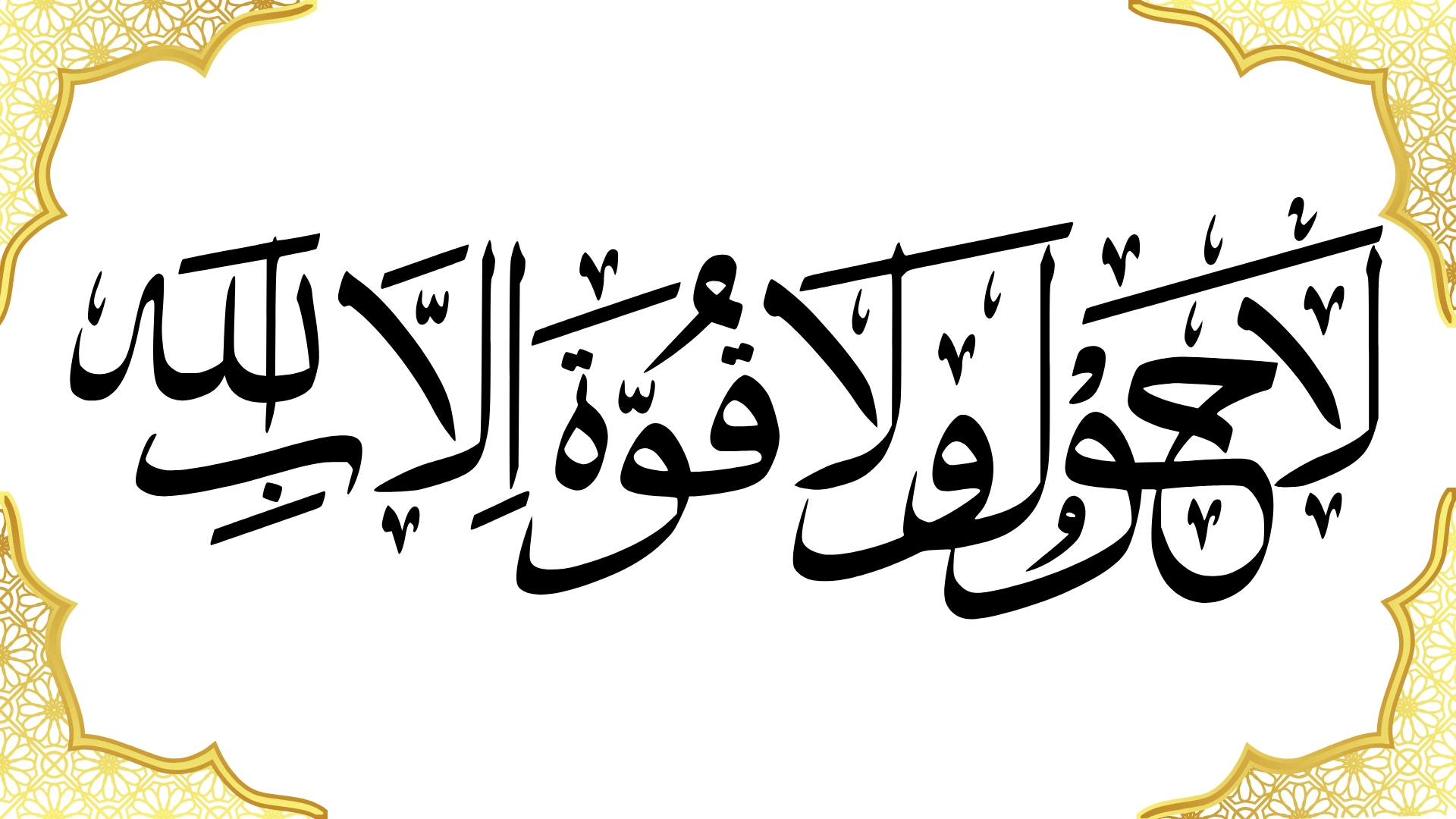The First Kalima, also called Kalima Tayyibah, is the essence of Islamic belief. It proclaims Allah’s oneness and recognizes Prophet Muhammad (peace be upon him) as the final messenger. Written in Arabic as “لَا إِلٰهَ اِلَّا اللّٰهُ مُحَمَّدٌ رَّسُوْلُ اللّٰهِ,” it translates to, “There is no god but Allah, and Muhammad is the Messenger of Allah.” This statement forms the foundation of faith and life for every Muslim.
They note its role as a gateway to Islam and its emphasis on Tawheed, which rejects associating partners with Allah. Past studies reveal its spiritual benefits, including guidance, unity, and forgiveness. Researchers also stress its universal appeal, unifying believers across languages and cultures.
Imagine a phrase that transforms your life and connects you to the eternal. The First Kalima does just that. It is more than words; it is a promise, a purpose, and a direction. Its recitation strengthens faith, aligns actions with belief, and brings unparalleled peace. Do you feel ready to make it the anchor of your spiritual life? This article will explore the First Kalima’s meaning, significance, and benefits in detail. The goal is to ensure that readers understand why this Kalima is such an integral part of a Muslim’s life.
What Is the First Kalima?
At its core, this Kalima emphasizes two key principles of Islam:
لَا إِلٰهَ إِلَّا اللّٰهُ مُحَمَّدٌ رَّسُوْلُ اللّٰه
Transliteration
Laa ilaaha illallaahu Muhammadur-Rasoolullaah
Translation:
There is no god but Allah, and Muhammad is the Messenger of Allah.
The Oneness of Allah (Tawheed)
It affirms that no being other than Allah is worthy of worship. This belief in Allah as the sole deity is the essence of Islam.
The Prophethood of Muhammad (peace be upon him)
It acknowledges Muhammad as the final prophet, through whom Allah delivered His message to humanity.

The Meaning Behind the Words
Each part of the Kalima carries profound significance:
Laa ilaha illallah
This phrase means “There is no deity but Allah.” It eliminates the concept of associating partners with Allah (shirk) and centers belief on Him. It highlights that Allah is the creator and sustainer of all that exists.
Muhammadur Rasoolullah
Meaning “Muhammad is the Messenger of Allah,” this phrase testifies to Muhammad’s (peace be upon him) role as the final prophet who conveyed Allah’s message to mankind. Following his teachings is essential for practicing Islam.
Why Is the First Kalima Important?
When someone recites this with sincerity, they affirm their entry into the fold of Islam. Its importance is rooted in both the Quran and the sayings of the Prophet Muhammad (peace be upon him).
Based on the Quran
Allah emphasizes the Oneness of God repeatedly in the Quran. For example, in Surah Al-Ikhlas (112), the Quran says:
“Say, He is Allah, the One and Only.”
This declaration reflects the essence of Tawheed, a central theme in Islam.
Foundation of Faith
The First Kalima forms the bedrock of a Muslim’s faith. Without belief in the principles it encapsulates, one cannot be considered a Muslim.
A Lifelong Reminder
Reciting the First Kalima constantly reminds Muslims of their purpose in life—worshiping Allah and following His guidance through the Prophet Muhammad (peace be upon him).
The Benefits of Reciting the First Kalima
Reciting the First Kalima brings both spiritual and practical benefits. These include:
Complete Submission to Allah
It reinforces the idea that everything in this world is under His control.
Strengthening Iman (Faith)
Regular recitation nurtures and strengthens belief. Like water nourishing a plant, the Kalima nurtures the heart and affirms faith.
Spiritual Cleansing
The Kalima protects believers from shirk, an unforgivable sin in Islam if one dies without repentance.
Forgiveness of Sins
A Hadith recorded in Sunan Ibn Majah states, “Whoever says La ilaha illallah and believes it with certainty, their sins will be forgiven.” This highlights the power of the Kalima in seeking forgiveness.
Unity Among Muslims
Reciting this Kalima unites Muslims around the world. Regardless of race, nationality, or language, it reflects the shared faith of the global Islamic community.
Ease at Death
The Prophet Muhammad (peace be upon him) advised that the dying should be prompted to say “La ilaha illallah.” This ensures their last words testify to the Oneness of Allah, bringing ease in their final moments.
How to Incorporate the First Kalima in Daily Life
Living by the principles of the First Kalima means integrating belief into every action. Here are practical ways to do so:
Daily Recitation
Make it a habit to recite the Kalima during prayers or as part of dhikr (remembrance of Allah).
Teaching Children
Introduce children to this essential declaration from a young age. Encouraging them to recite it fosters an early connection to Islam.
Behavior Reflecting Faith
The Kalima is not just about words; it must translate into actions. Uphold honesty, kindness, and justice as taught by the Prophet (peace be upon him).
Reflecting on Its Meaning
Understand and internalize the Kalima. Reminding oneself of its meaning reinforces commitment to Allah and His messenger.
Misconceptions About the Kalima
There are some common misunderstandings to clarify:
Is Recitation Enough?
Merely reciting the Kalima without understanding or sincerity does not suffice. Belief and action must accompany the words.
Mandatory for All Muslims?
While it’s encouraged for every Muslim to know it by heart, there is no compulsory injunction to memorize it beyond believing in its principles.
Lessons for Modern Times
The First Kalima carries lessons that resonate deeply in today’s world:
Turning to Allah Amid Challenges
The modern world is filled with distractions and uncertainties. Reciting the Kalima reminds Muslims to seek refuge in Allah and rely solely on Him.
Unity in Diversity
Despite worldly divisions, the Kalima symbolizes the unity of the global Muslim community. It teaches that faith transcends cultural and national boundaries.
A Path to Inner Peace
Reciting the Kalima provides solace and strength, offering joy amid life’s complexities.
Conclusion
The First Kalima stands as a timeless beacon of faith. Its message of submission to Allah and acknowledgment of His sovereignty offers clarity in a world often clouded by materialism. For Muslims, it’s not just a phrase but a guide, leading them to an ethical, purposeful, and spiritually fulfilling life.
This declaration remains as relevant today as it was over 1,400 years ago. It encourages Muslims to focus on what truly matters—their relationship with Allah and their path to Jannah (Paradise). Making the Kalima a central part of daily life transforms not only the individual but ultimately the society at large.
May Allah guide us all to live by the principles of the Kalima Tayyibah. Ameen.




